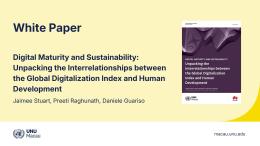Abstract
Advanced simulation modelling can represent and explore the detail of social behaviour and interaction. It thus has the potential to inform policy in complex areas where unexpected outcomes can emerge from the interaction of many people. For example, how a group of people fish interacts with the complex ecosystem from which they take fish, but this also interacts with fishing scientists and policy. Using simplistic models and narrowing the basis of management of such systems can cause disaster (asa shown in the North Atlantic Fisheries Collapse), and so more complex models are necessary. However, as shown in the example of models of COVID spread, there are particular pitfalls when complex analytical tools are used to inform policy. Some of these pitfalls are discussed. We suggest a way that such modelling can usefully, and safely, inform policy - widening rather than narrowing the scope of policy, which is a kind of risk/uncertainty analysis for possible policies - how a complex situation and policy could go unexpectedly wrong.
Bio
Bruce Edmonds is the Director of the Centre for Policy Modelling (CfPM) and Professor of social simulation at the Manchester Metropolitan University. His first degree was in Mathematics, and his PhD on the meaning and definition of complexity in the philosophy of science. He now works in the field of social simulation, but particularly using agent-based modelling techniques to understand complex social phenomena with policy relevance. He publishes widely, being "interested in far too many things for his own good".
More about the CfPM and him can be found at http://cfpm.org




